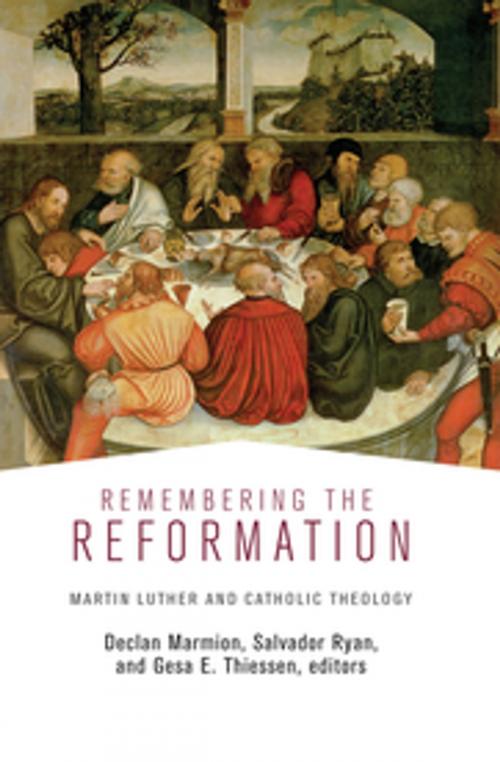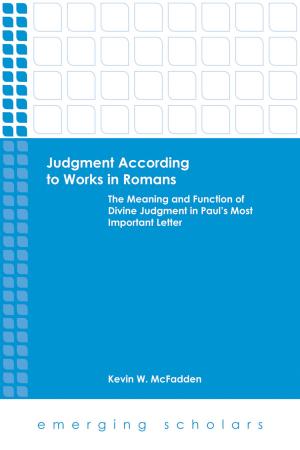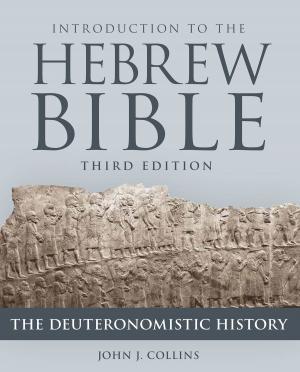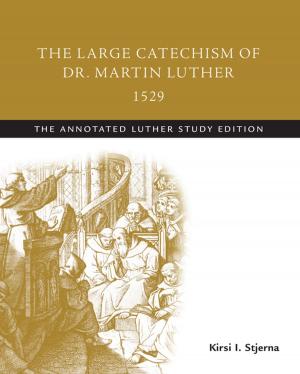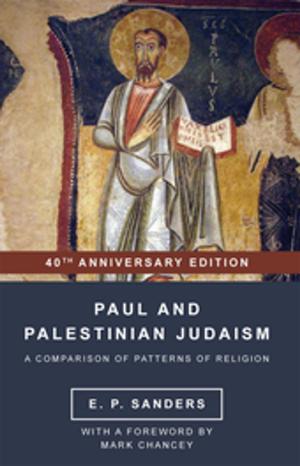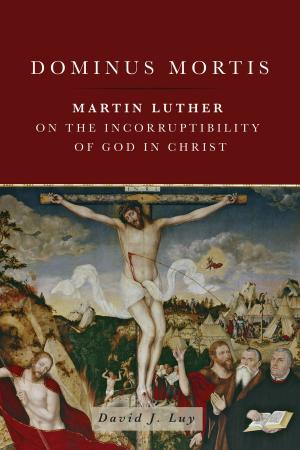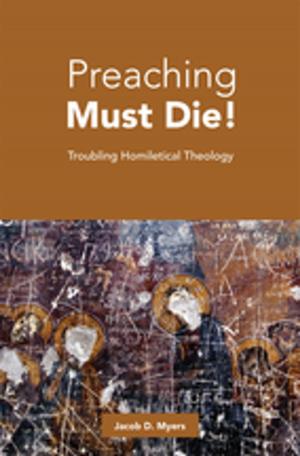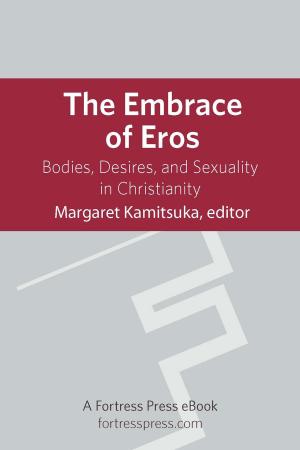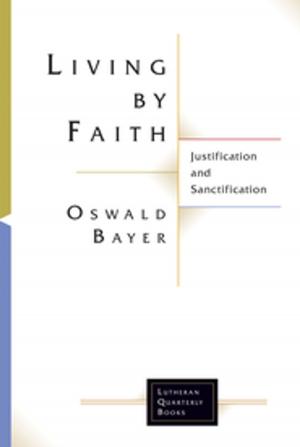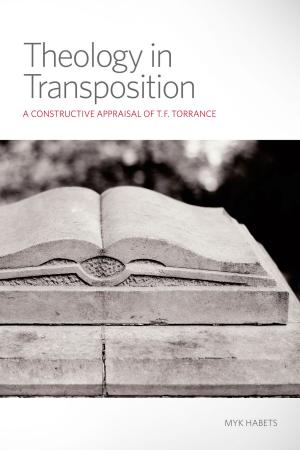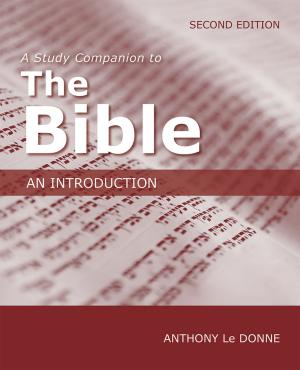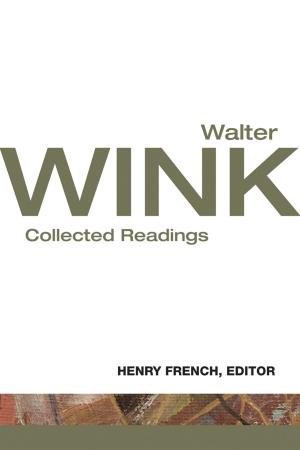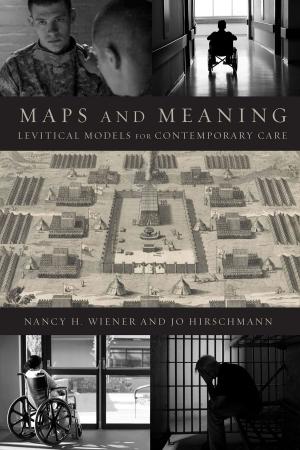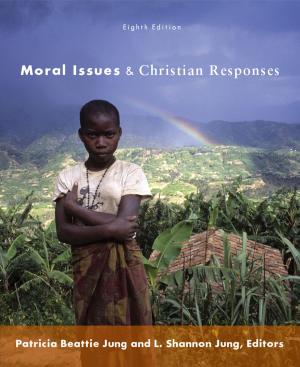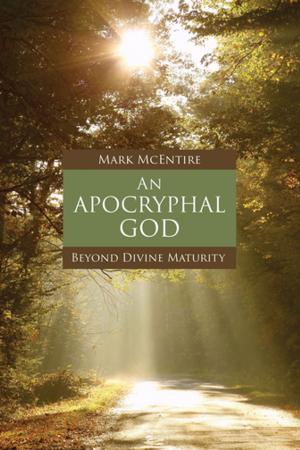Remembering the Reformation
Martin Luther and Catholic Theology
Nonfiction, Religion & Spirituality, Christianity, Denominations, Catholic, Catholicism, Theology| Author: | ISBN: | 9781506423289 | |
| Publisher: | Fortress Press | Publication: | February 1, 2017 |
| Imprint: | Fortress Press | Language: | English |
| Author: | |
| ISBN: | 9781506423289 |
| Publisher: | Fortress Press |
| Publication: | February 1, 2017 |
| Imprint: | Fortress Press |
| Language: | English |
The dramatic unfolding of events after Martin Luther’s revolutionary act led to the ultimate, and seemingly irreparable, fissure with Roman Catholicism: excommunication and schism. From the point of that rupture, up to and including most of the 20th century, the history of theological and ecclesial readings of Luther has been controlled largely by a rubric assuming the inevitability of fracture and the portrayal of Luther as a veritable bete noire of Catholic history and theology. Remembering the Reformation enters into this contested history and pursues a more nuanced and considered reading of Luther’s relationship with the Catholic tradition, from his Augustinian roots and medieval training to his reading of scripture and investigations of ecclesiology, as well as his continued relevance and challenge to Catholic theology today. An international consortium of scholars, Catholic and Protestant, contribute to this volume and provide a thoughtful, textured reimagining of Luther for an ecumenical future. Marking the 500th anniversary of the inauguration of Luther’s movement for reform, this volume aims to bring Catholics, Protestants, and Evangelicals into conversation in a shared, but distinct, theological space.
The dramatic unfolding of events after Martin Luther’s revolutionary act led to the ultimate, and seemingly irreparable, fissure with Roman Catholicism: excommunication and schism. From the point of that rupture, up to and including most of the 20th century, the history of theological and ecclesial readings of Luther has been controlled largely by a rubric assuming the inevitability of fracture and the portrayal of Luther as a veritable bete noire of Catholic history and theology. Remembering the Reformation enters into this contested history and pursues a more nuanced and considered reading of Luther’s relationship with the Catholic tradition, from his Augustinian roots and medieval training to his reading of scripture and investigations of ecclesiology, as well as his continued relevance and challenge to Catholic theology today. An international consortium of scholars, Catholic and Protestant, contribute to this volume and provide a thoughtful, textured reimagining of Luther for an ecumenical future. Marking the 500th anniversary of the inauguration of Luther’s movement for reform, this volume aims to bring Catholics, Protestants, and Evangelicals into conversation in a shared, but distinct, theological space.
